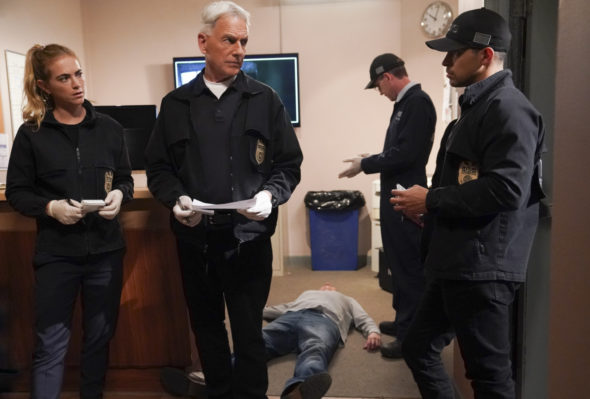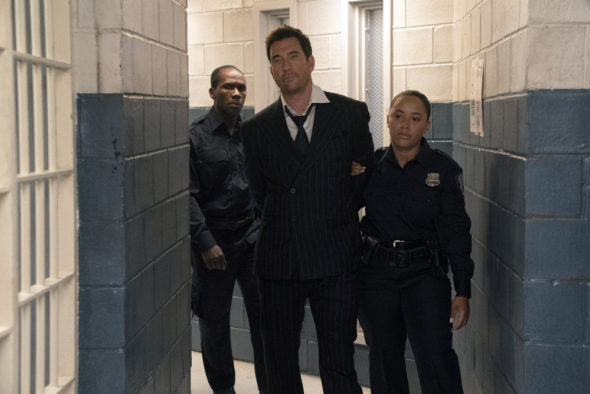#NCIS, SEAL Team, NCIS: Los Angeles: CBS Series’ 2021 Production Delayed

“#NCIS, SEAL Team, NCIS: Los Angeles: CBS Series’ 2021 Production Delayed”

Photo: Sonja Flemming/CBS ©2020 CBS Broadcasting, Inc. All Rights Reserved.
The cast and crews behind NCIS, SEAL Team, and NCIS: Los Angeles are getting an extension to their holiday breaks. These shows and others are delaying production by at least one week due to the surge of COVID-19 cases in Los Angles. Per Variety, these productions will resume on January 11.
Gabrielle Carteris, SAG-AFTRA president, also released a statement about the production delay in Los Angeles. She said the following, per Deadline:
“Most entertainment productions will remain on hiatus until the second or third week of January if not later. This means that the number of our member performers working on sets right now is reduced. Our safety protocols ensure appropriate precautions for the holiday hiatus period including additional time for testing prior to the resumption of production.”
At this time, mid-season return dates for NCIS and other shows on CBS have not been changed.
What do you think? Are you surprised by the move to delay productions for NCIS, SEAL Team, and NCIS: Los Angeles on CBS?
If you liked the article, do not forget to share it with your friends. Follow us on Google News too, click on the star and choose us from your favorites.
For forums sites go to Forum.BuradaBiliyorum.Com
If you want to read more News articles, you can visit our General category.




